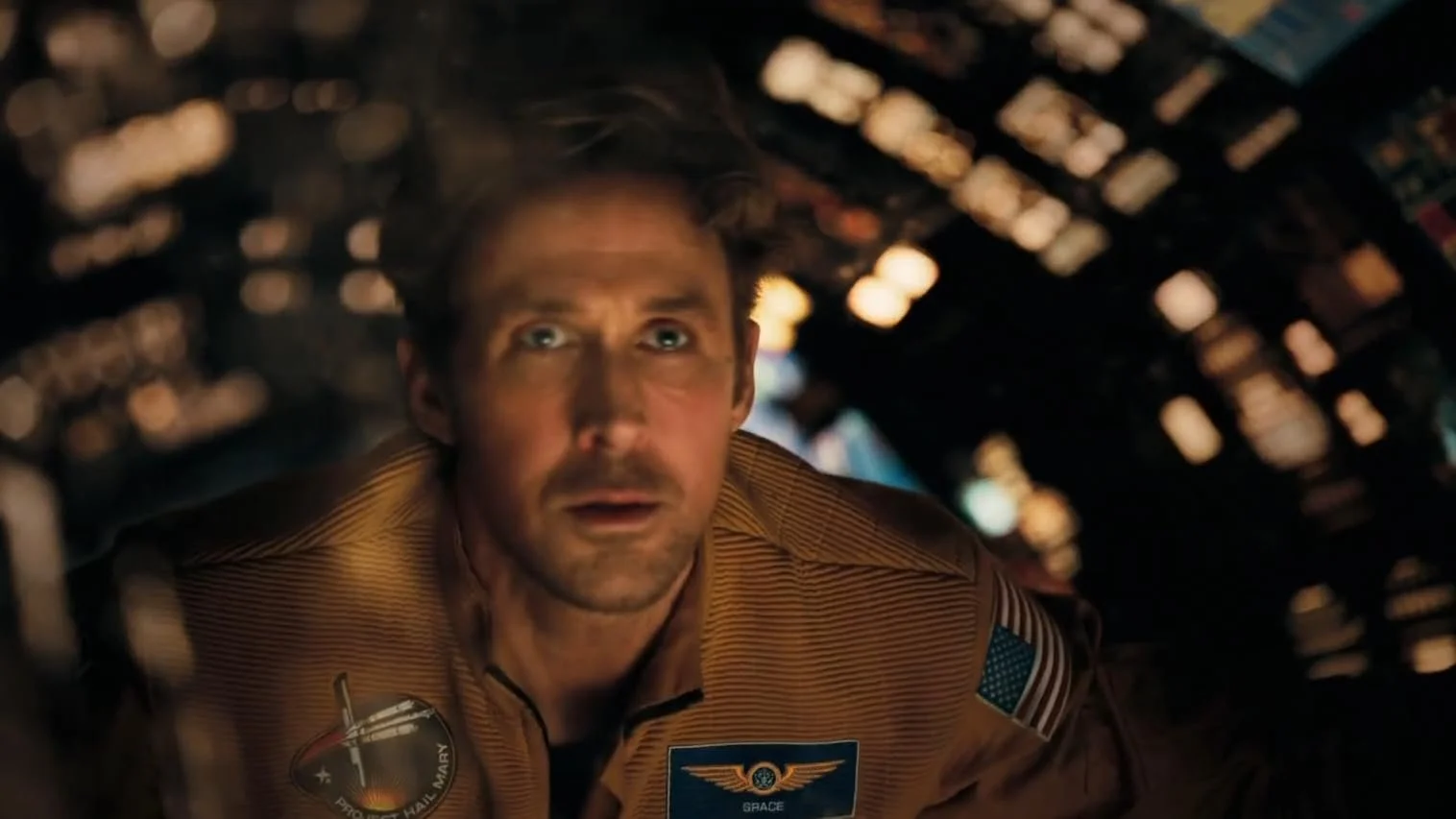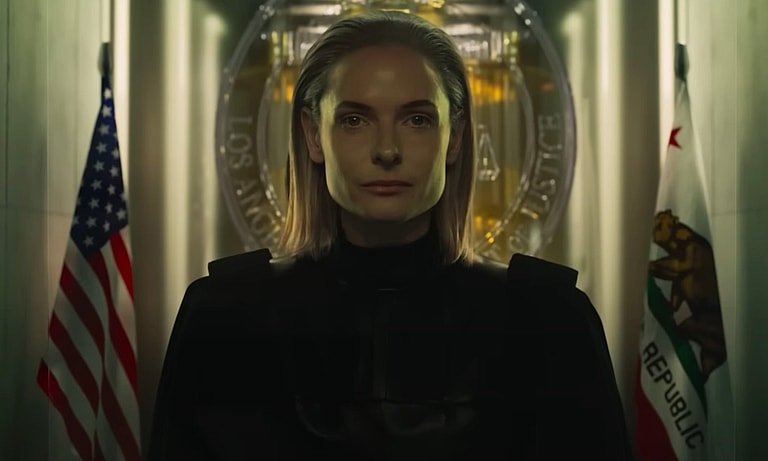Fair Play
/Based on a bestselling New York Times book by Eve Rodsky, Fair Play is a documentary produced by Reese Witherspoon’s Hello Sunshine media company that looks deeply at the topic of inequity among genders in domestic work.
The trailer begins simply with the book’s author, Eve Rodsky, on screen recounting an anecdote of her husband’s lack of consideration where she was carrying out errands in her car. Some ephemeral synthesizers come in at 0:03 just as the scene cuts way to a dramatization of Rodsky’s storytelling. At 0:11 there’s a simple but effective sound of a phone notification alongside the visual; note how all the soundwork in essence simply serves to elevate Rodsky’s storytelling.
The ephemeral—and arguably optimistic, or even uplifting—library music acts as a through-thread for similar multiple anecdotes. We hear and see from multiple families with such anecdotes, recounting issues catalyzed or exacerbated by a lack of consideration for equity between partners in matters of the home. Notice the subtle climax in the percussion just after Rodsky is again on-screen. In a more obvious climax, she vehemently states, “I don’t want to ask” regarding the issue of seeking assistance from her partner (with the proper insinuation that one should not have to do so).
The percussion gains insistence and regularity when we reach the scene where Rodsky notes that she “became obsessed with a quest to figure out what was happening to us”. This leads to a climactic moment in the soundtrack, and a title card that suggests the possibility of an answer—to make “invisible work visible”. Now we have many of the qualities of epic music in the soundtrack—arpeggiated strings, triplet percussion, and resonant bass lines are all added. However, the soundtrack as a whole is quite subdued, and appropriately so. As a documentary, the talking head audio is of course paramount here. At 1:02 there’s a drop in the audio for a moment with a really subtle sound effect that calls to mind a power plant powering down—it’s evocative of many epic music trailers. Again, however, it’s toned down to accommodate the overall feel of a documentary trailer and to leave dialogue at the forefront. The track comes back at 1:04, now with more emphasis on violin lines, with a lighter overall feel.
Note that at this point, with the violins reaching a high point at 1:12, we now hear and see male talking heads discussing how “it is for men what feminism is for women”—for men to step into a more complete role in the home.
While subtle, and perhaps not especially memorable, the trailer’s music still achieves a variety of points in its arrangement that guides along and accentuates the issue, journey, and some conclusions that Fair Play investigates. It encapsulates, in an accessible and inviting way, the contention that women face impossible conditions in the home while also maintaining an underlying optimism that a more equitable world is possible.
Fair Play is available now on multiple streaming platforms.
— Curtis Perry







